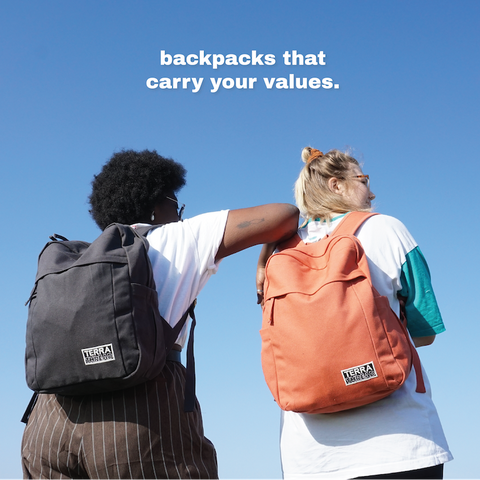Table of Contents
Certain businesses utilize the marketing strategy known as "greenwashing" to be in sync with the increasing market demand for sustainable products. Greenwashing serves as an attempt for a business or corporation to cover up their indiscretions by portraying a more positive, but untrue picture of their sustainability conduct. Greenwashing can occur in many ways, such as greenwashing of mainstream pollutants, eco-friendly illustrations that don't represent the real factual data, or using deceptive terms in promotion and marketing. What continues to feed the greenwashing issue, and pushes more organizations to engage in such unethical operations, is the increasing demand of consumers for the most sustainable items possible.
Research survey reveals that 75% of millennials and 64% of Gen X customers are willing to spend extra dollars on eco-friendly products. To try to satisfy this increased demand businesses have been putting greenwashing at the forefront of their marketing strategies.
The Cost of "Greenwashing"
The underlying environmental damages of processing operations that are not clean or sustainable have the most protracted devastating effect. Businesses depend on healthy land, fresh water, and clean air to operate. As the loop of greenwashing continues, it eventually compromises both a clean world and a prosperous economy. While greenwashing could lend businesses a temporary boost in persuading consumers to purchase their products, it is also likely to be met with an unfavorable aftermath. False claims may not only cause companies to lose their demographic in the long run but also face legal consequences. As consumers, knowing a couple of telltale signs of "greenwashing" would be helpful in avoiding brands and products falsely advertised as sustainable or eco-friendly.
There are a few ways to prevent greenwashing while seeking the most sustainable solutions. Here are five greenwashing terms you want to double-check.
- Loosely used terms like "eco", "natural" that are not verified by third-party organizations: Look for specifics like certifications, verified third-party endorsements, credentials in the field, and information about the company's involvement with the certifying party. Organizations have ties to the group behind a green certification or seal of approval for marketing materials or packaging. Ensure the claims are validated, and the certifications are from accredited institutions. Visit the brands' websites to see if they have pages that validate the implied environmental advantages or provide a link to websites with needed background information.
- Terra Thread's Organic Backpacks are certified through third-party organization: GOTS.
- Carbon Neutral/ Offset: Although it's imperative for a sustainable business to be truly carbon neutral, it's also important to review the hard data. Make sure any carbon statistics and figures a brand offers to support its sustainability claims are supported by reliable data and authentic carbon emissions tracking.
- Related blog: Carbon Offset VS Carbon Inset- What's the Difference?
- Less Waste: Find out what is less wasteful. Is the brand specifying what is being compared to make a reduction claim? It is necessary to be transparent about how much "less waste" the product is than the prior iteration of the product. If a company's product has the same claims as its competitors, compare the ingredients, packaging, and manufacturing details.
- Recyclable: We come across products marked as recyclable, unclear about if the package, the item, or both are recyclable. The label may be false if any portion of the packaging or its contents, except minor components, cannot be recycled. Research how much work the brand is puting into recycling by looking at its website and other publications.
- Related blog: A Closer Look at Recycling in Fashion
- Plastic Neutrality: Businesses are starting to use this term to describe their efforts to reduce the usage of plastic. This implies they have hired a third party to remove an equivalent volume of plastic from the ocean to compensate for their use of plastic. Such claims are challenging to control and validate, especially if there is no detailed data on their carbon credits. A lack of project transparency increases the likelihood that these claims may be false.
Conclusion
We will all be better equipped to make conscious purchasing decisions as a result of raising the bar for the entire market.
Being aware of greenwashing and how to spot the indications will push businesses doing wrong to do right and give the deserved recognition to those working hard to make environmentally responsible decisions already.
Hopefully, the practice of greenwashing will soon decline as more and more consumers shift to supporting truly conscious brands. Here, at Terra Thread, we are committed to positively impacting our planet.
Related blog:
Reasons to choose Pesticide-Free Organic Backpack






